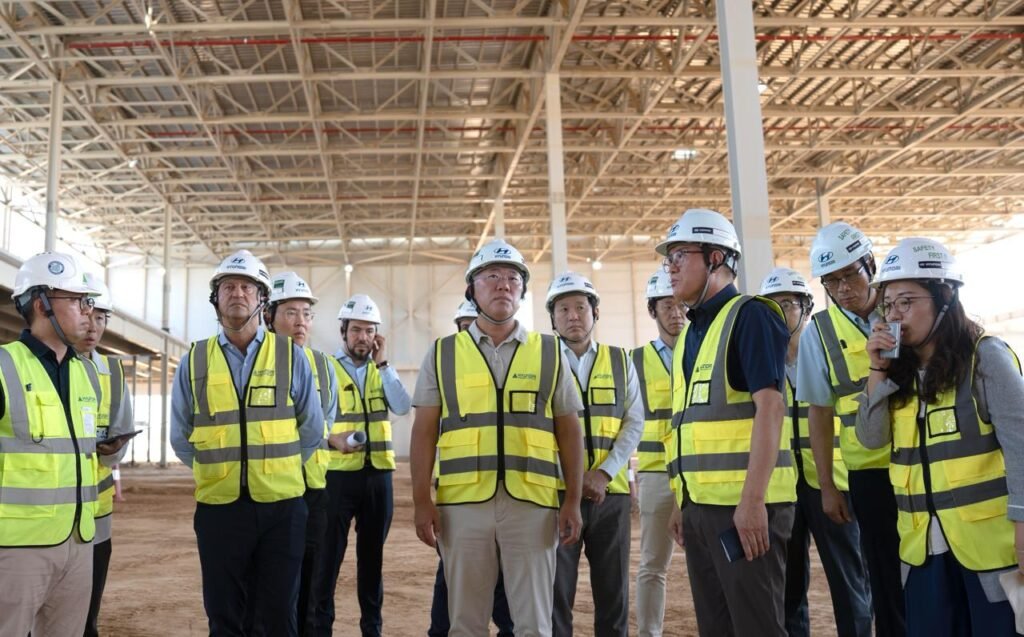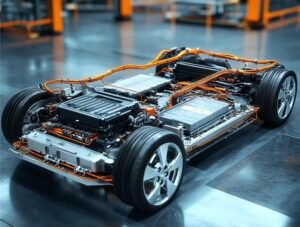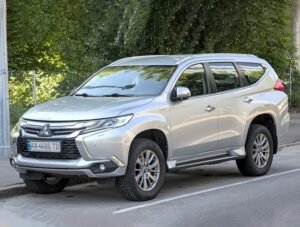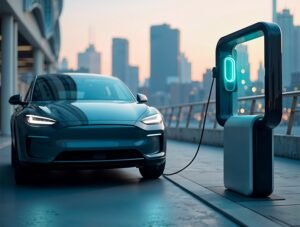Hyundai Motor Group Executive Chair Euisun Chung paid a visit to Saudi Arabia, the Middle East’s largest economy, which is currently experiencing significant industrial development. During his visit, Chung met with His Royal Highness Prince Mohammed bin Salman bin Abdulaziz Al Saud, the Crown Prince and Prime Minister of Saudi Arabia, to discuss the Group’s local growth plans and explore potential avenues for future cooperation.
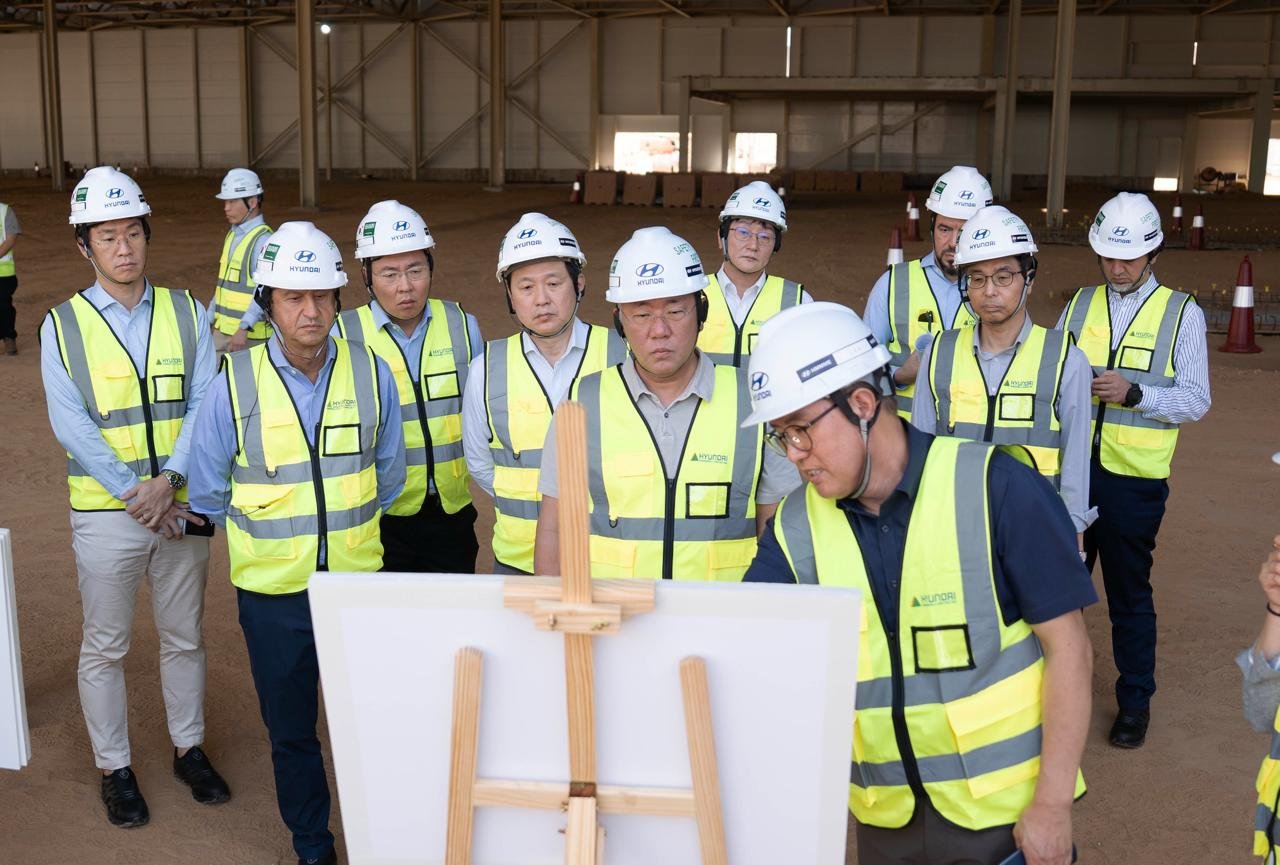
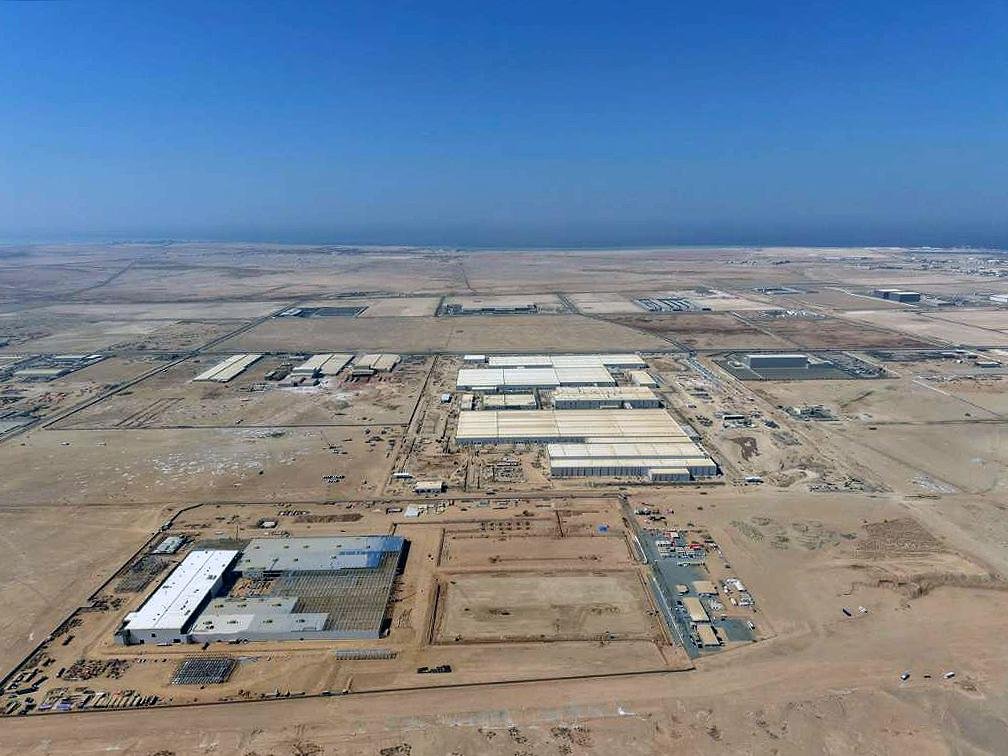
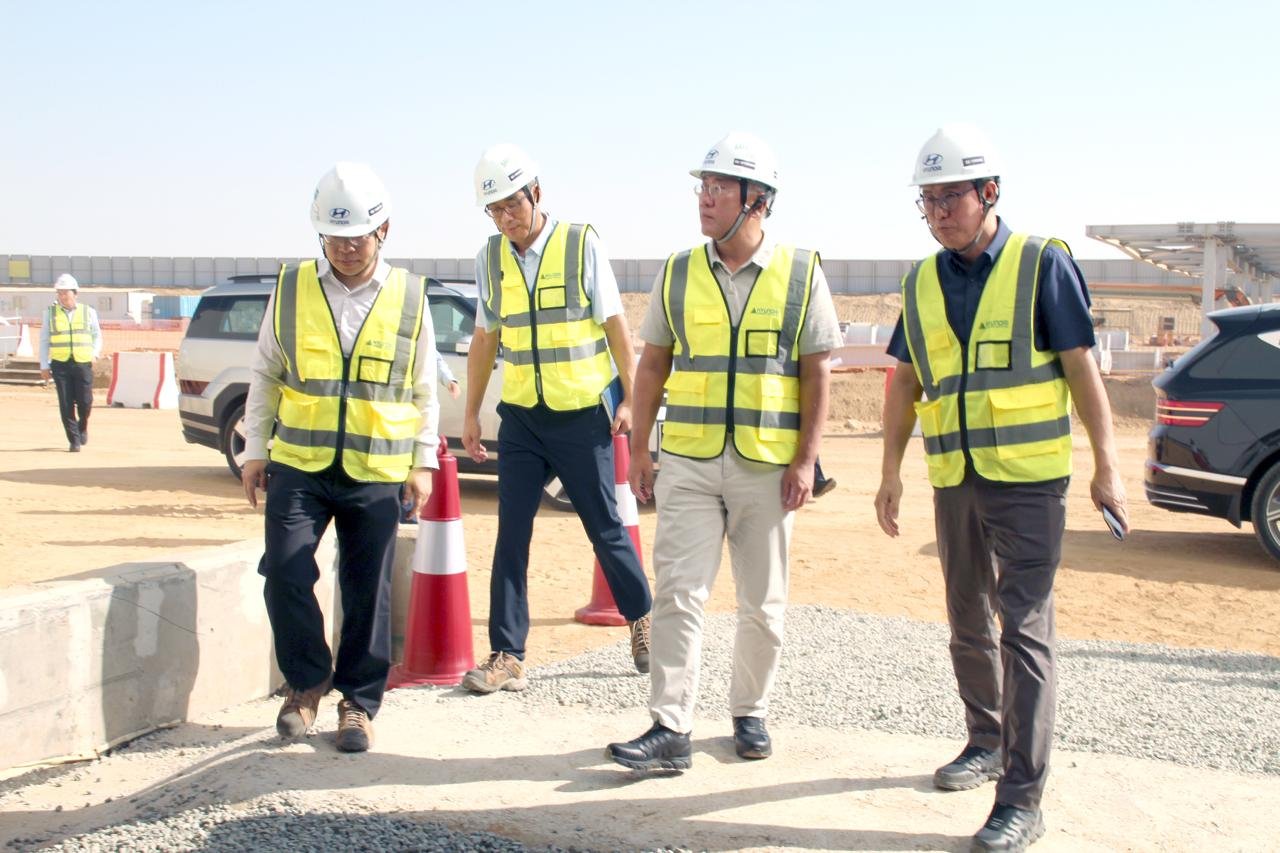
Executive Chair Euisun Chung of Hyundai Motor Group visited Saudi Arabia, the Middle East’s largest economy, to discuss future cooperation opportunities and review the Group’s growth strategy amid the Kingdom’s rapid industrial transformation.
During the visit, Chung met with His Royal Highness Prince Mohammed bin Salman bin Abdulaziz Al Saud, Crown Prince and Prime Minister of Saudi Arabia. Their discussions covered a broad range of topics, including the automotive industry and smart city development. This was their first one-on-one meeting, following two previous encounters, including during the Crown Prince’s 2022 visit to Korea.
“Hyundai Motor Group fully recognizes the significance of Saudi Vision 2030,” said Chung.
“Leveraging our strong business capabilities, we are contributing to Saudi Arabia’s major giga projects and aim to expand cooperation in future energy sectors such as renewable energy, hydrogen, small modular reactors (SMRs), and nuclear power.”
Strategic Partnership for Vision 2030
Through its Vision 2030, Saudi Arabia is pursuing economic diversification—from traditional energy industries to manufacturing and hydrogen energy. The Kingdom is also preparing to host global events such as the World Expo and FIFA World Cup, positioning itself as one of the most dynamic emerging economies.
As the largest automotive market in the Middle East, Saudi Arabia is actively attracting major global automakers, including Hyundai Motor Company, as part of its long-term goal to become a regional hub serving both the Middle East and North Africa.
Chung expressed appreciation for the Saudi government’s continued support and emphasized Hyundai’s ongoing projects and future plans as a strategic partner in advancing the Kingdom’s mobility ecosystem. He noted that Hyundai is constructing a state-of-the-art local manufacturing facility equipped to meet industrial and customer demands, with potential capacity expansion based on market growth.
New Production Hub Under Construction
Before meeting the Crown Prince, Chung visited Hyundai Motor Manufacturing Middle East (HMMME) on October 26 at the King Salman Automotive Cluster to review progress on the new plant. Accompanied by José Muñoz, President and CEO of Hyundai Motor Company, he participated in discussions with Hyundai and Kia local leadership and held sessions with employees focused on growth strategies.
“Establishing a production base in Saudi Arabia marks a new chapter for Hyundai in the Middle East,” Chung told staff working in challenging desert conditions. “We must prepare comprehensively to deliver mobility solutions that exceed customer expectations, even in high-temperature environments.”
Muñoz added, “Our new Saudi facility underscores Hyundai’s long-term commitment to the region’s largest automotive market. It plays a vital role in our mid-term global plan and supports Vision 2030. By combining Hyundai’s manufacturing excellence with Saudi Arabia’s skilled workforce, we aim to deliver cutting-edge mobility solutions across automotive, smart cities, hydrogen, and future mobility sectors.”
The HMMME plant, Hyundai’s first production facility in the Middle East, is a key milestone in strengthening the brand’s presence in Saudi Arabia. The joint venture is owned 30% by Hyundai Motor and 70% by the Public Investment Fund (PIF). Construction began in May 2025, with operations expected to start in Q4 2026. The facility will produce both electric vehicles (EVs) and internal combustion engine (ICE) vehicles, with an annual capacity of 50,000 units.
Integrating Hyundai’s advanced manufacturing technologies with Saudi Arabia’s infrastructure and workforce, the new plant will play a central role in developing the Kingdom’s mobility ecosystem. It will operate as a multi-model production hub, featuring simple, durable design structures for easy maintenance and incorporating cooling and dust-resistant systems suitable for desert conditions.
Market Growth and Expansion Plans
Hyundai Motor and Kia continue to expand in Saudi Arabia, with 149,604 units sold through September 2025, marking an 8.5% year-on-year increase. The companies target 210,000 units by the end of 2025, up 5.9% from 2024.
Building on stronger brand recognition and stable supply from the new Saudi production base, Hyundai aims to become the leading automotive brand in the Kingdom. Plans include launching Saudi-exclusive special editions, expanding the SUV lineup, and introducing a range of eco-friendly vehicles such as EVs, EREVs, and HEVs.
Meanwhile, Kia plans to develop the Tasman pickup truck as its flagship model while broadening its EV and hybrid offerings. The brand also aims to tap into the purpose-built vehicle (PBV) market in alignment with Saudi Arabia’s smart city projects.
Expanding Collaboration Across Sectors
Hyundai Motor Group is also broadening its partnerships with major Saudi institutions and companies across mobility, smart city, and energy sectors.
In September 2024, Hyundai signed an agreement with NEOM to provide sustainable mobility solutions, successfully showcasing its Universe FCEV hydrogen-powered bus in May 2025 on routes connecting NEOM’s central business district with Trojena, located 2,080 meters above sea level. The Group plans to continue working with NEOM as a key mobility partner in future projects.

